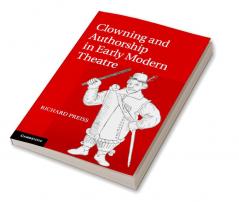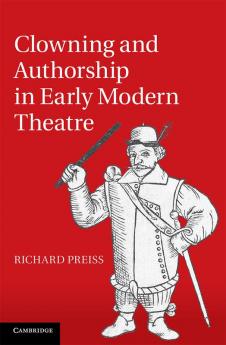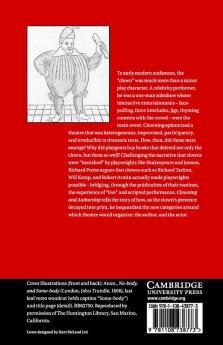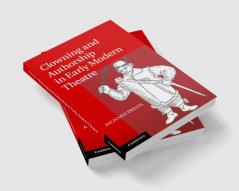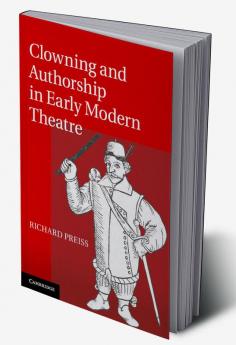English
Paperback
₹2844
(All inclusive*)
Delivery Options
Please enter pincode to check delivery time.
*COD & Shipping Charges may apply on certain items.
Review final details at checkout.
Looking to place a bulk order? SUBMIT DETAILS
About The Book
Description
Author
To early modern audiences the ''clown'' was much more than a minor play character. A celebrity performer he was a one-man sideshow whose interactive entertainments - face-pulling farce interludes jigs rhyming contests with the crowd - were the main event. Clowning epitomized a theatre that was heterogeneous improvised participatory and irreducible to dramatic texts. How then did those texts emerge? Why did playgoers buy books that deleted not only the clown but them as well? Challenging the narrative that clowns were ''banished'' by playwrights like Shakespeare and Jonson Richard Preiss argues that clowns such as Richard Tarlton Will Kemp and Robert Armin actually made playwrights possible - bridging through the publication of their routines the experience of ''live'' and scripted performance. Clowning and Authorship tells the story of how as the clown''s presence decayed into print he bequeathed the new categories around which theatre would organise: the author and the actor.
Delivery Options
Please enter pincode to check delivery time.
*COD & Shipping Charges may apply on certain items.
Review final details at checkout.
Details
ISBN 13
9781108438773
Publication Date
-23-06-2022
Pages
-298
Weight
-407 grams
Dimensions
-152.4x228.6x15.91 mm


